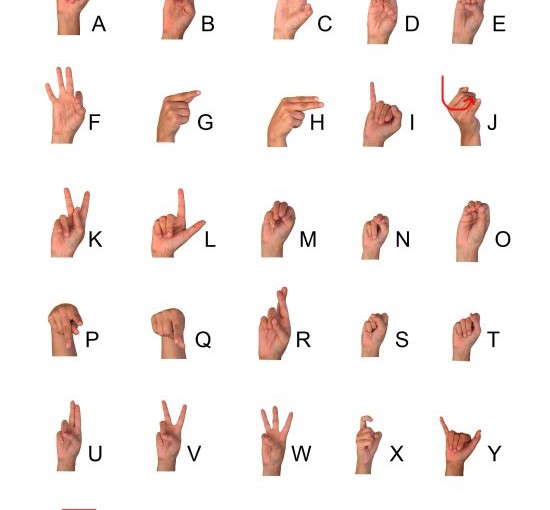1) Plan next year’s courses now
Teenagers with special needs have a difficult time learning a second world language. Some teens with learning challenges may struggle with their own native language. Adding a second world language could set the student up for failure. If your student plans to attend a 4-year college or university, he or she will need credit for a foreign language. Here are some ideas for parents to think about if the student struggles with learning another language. Some colleges accepts ASL, and many colleges have “substitutions” for students who cannot earn credit for a foreign language due to a disability. This information is usually not posted on the college website so parents should call the college advisor individually if this should be the case.
American Sign Language (ASL), a visual language, is another option to meet the high school’s foreign language credit. Check with your student’s case manager and find out if ASL is an option in your county or district. Keep modified language programs and substitutions in mind. Talk with your school’s district coordinator for detailed information.
2) Do your own homework
If the case manager is not sure about any ASL programs, keep asking questions. Double check his or her facts with the district coordinator. Yes, this is going over her head, but it is just business. You might be surprised at the language options available. This would also be an area where you would need to call the college of choice and ask about the requirements.
3) Cut the Red-Tape
Start early. Many high schools are starting to plan student’s classes for next year already. If your student needs to travel to a different high school or community college to earn the credit, it is best to start the process early. As parents we understand that special education departments are full of red-tape, so I recommend making the intial contact for optimum success.
Photo credit: clipart




Let’s Talk!